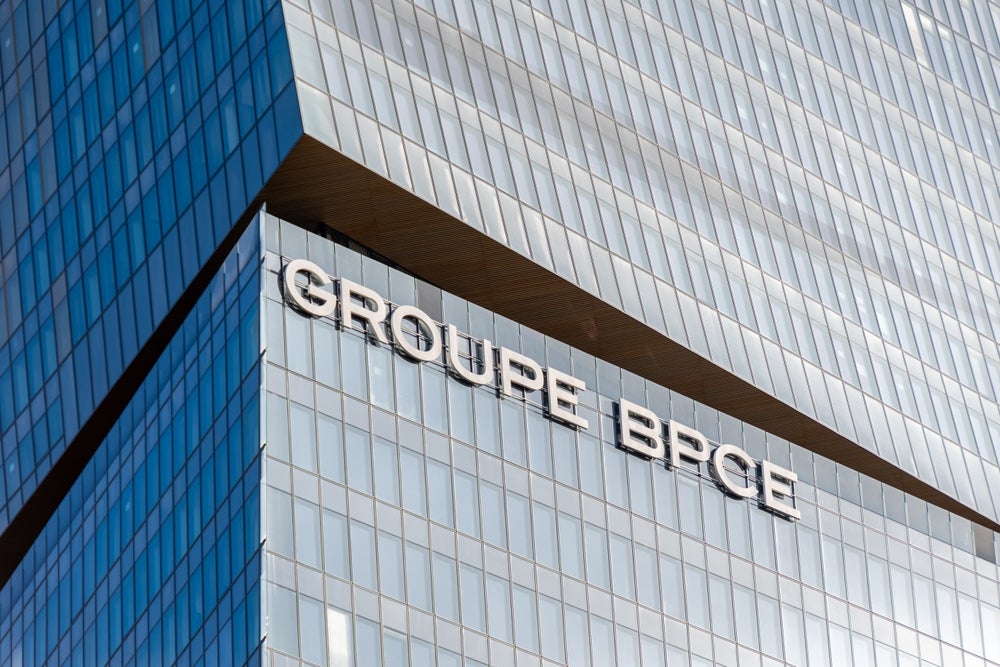
Imminent revised rules governing registration of securities will improve access to information, but companies and LLPs should immediately review their internal policies and training requirements, says Louise Leslie.
On 6 April 2013, the regime governing the registration at Companies House of security created by companies and LLPs are set to change.
The reason for this new regime is to streamline and modernise the registration of security across the whole of the UK. The new regime will introduce a single UK-wide system for the registration of security, removing the current differences in registration requirements for England and Wales, Scotland and Northern Ireland.
The new system will be welcomed by many as it should improve access to information, provide a more accurate picture of the extent to which a company’s assets are encumbered and make filings in respect of security quicker, cheaper and easier.
It is envisaged that the new regime may result in an information sharing scheme between Companies House and other asset registers, meaning the requirement to register mortgages over land, ships and aircraft at both Companies House and the specialist asset register may in the future be removed.
In a quest for increased transparency, however, the new system significantly increases the level of information in the public domain which can only be redacted on the basis of "personal information".
How well do you really know your competitors?
Access the most comprehensive Company Profiles on the market, powered by GlobalData. Save hours of research. Gain competitive edge.

Thank you!
Your download email will arrive shortly
Not ready to buy yet? Download a free sample
We are confident about the unique quality of our Company Profiles. However, we want you to make the most beneficial decision for your business, so we offer a free sample that you can download by submitting the below form
By GlobalDataIt would appear that this proposed provision would not cover commercially sensitive information and as such may be a cause for concern to lenders.
The draft regulations issued by the Department for Business, Innovation and Skills are intended to revise the regime contained in Part 25 of the Companies Act 2006 for the registration at Companies House of security created by companies and LLPs.
The key features of the new regime are:
– There will be an assumption that all security (unless specifically excluded by legislation) is capable of registration.
The security excluded from registration under the draft regulations include rent deposit deeds, security created by corporate members of the Lloyds insurance market and pledges or possessory liens over property. In practice, this should remove the current uncertainty and inconsistency surrounding the registration of security.
– The introduction of an e-filing service which is intended to simplify and reduce the cost of registering security at Companies House.
To register security electronically, a company, LLP or other person with interest in the security will need to file brief particulars together with a certified copy of the security document.
– The brief particulars must include (a) details of the chargee, security agent or trustee, (b) confirmation as to whether the security is a floating charge and/or contains any negative pledge, (c) a statement of whether the security document includes a charge over any land, ship, aircraft or intellectual property registered in the UK, along with a description of such asset and (d) a statement in relation to any other property secured by the security document.
– Improved access to information held on the public register at Companies House.
In addition to the brief particulars, searchers will also be directed to any other relevant UK register where information is held relating to a specific security (for example, the UK Ship Registry, UK Aircraft Mortgage Register or the Land Registry) and the full text of security instruments will be publicly available. ‘Personal information’ may be redacted from the certified copy security instruments, however there is no provision for redacting commercially sensitive information.
– The draft regulations remove the criminal penalty for failure to register security. Nevertheless, practical and commercial consequences remain, in that unregistered security may be invalid against a liquidator, administrator or creditor of the security provider and Companies House are entitled to reject any submission for registration outside the 21-day time limit for registration (unless a court order for late registration is obtained).
Companies, LLPs and their legal advisors need to be prepared for the new system. It is advisable for companies and LLPs to familiarise themselves with the draft regulations, review internal policies concerning the registration of security and consider providing training to the relevant individuals.
It is yet to be seen whether the restrictive provision on the ability to redact only "personal information" will follow through into the new system, however if it does, it is likely that companies, LLPs and their advisors will be focused on finding ways to avoid certain information from entering the public domain.
Louise Leslie is a solicitor in DLA Piper’s banking litigation team.







